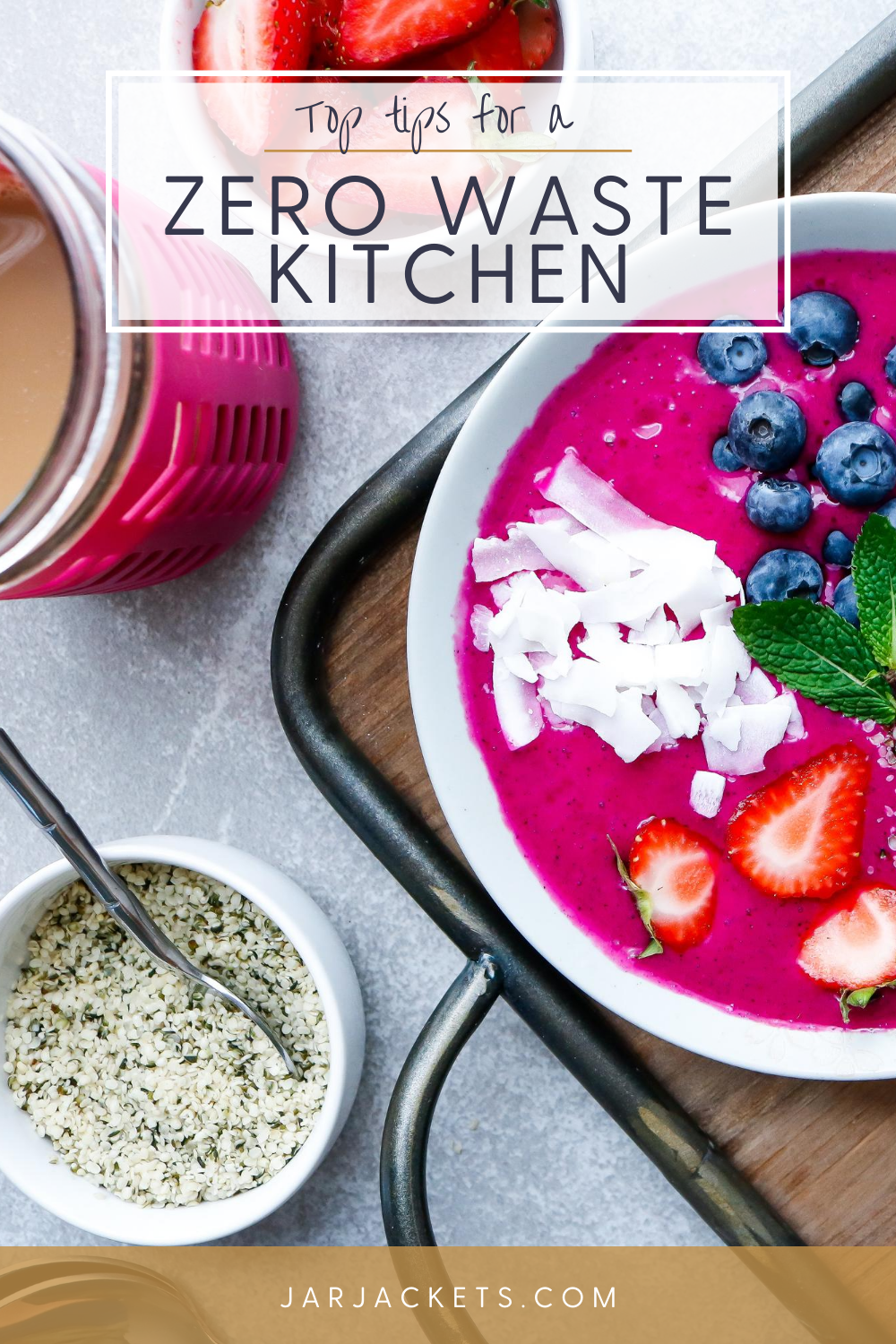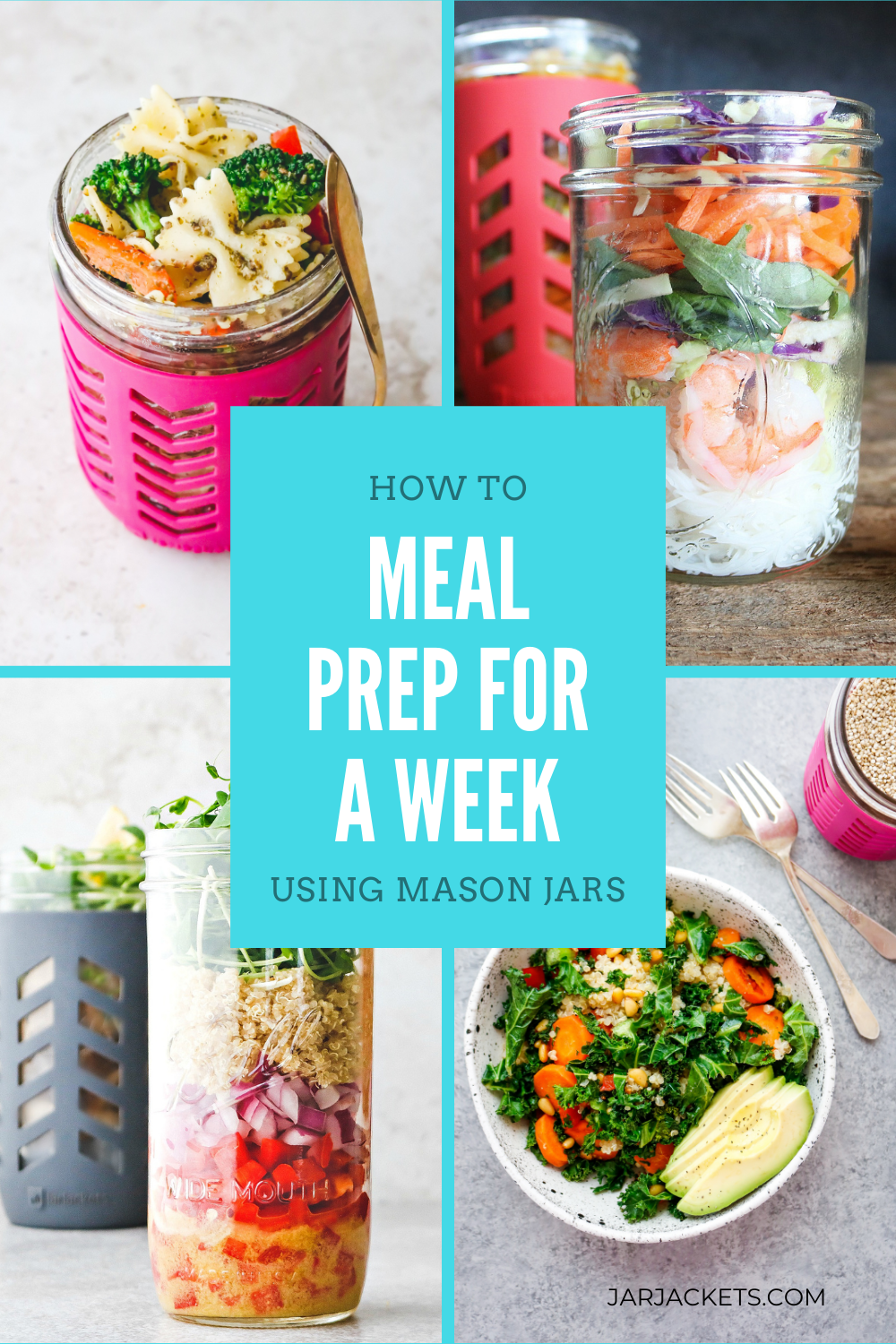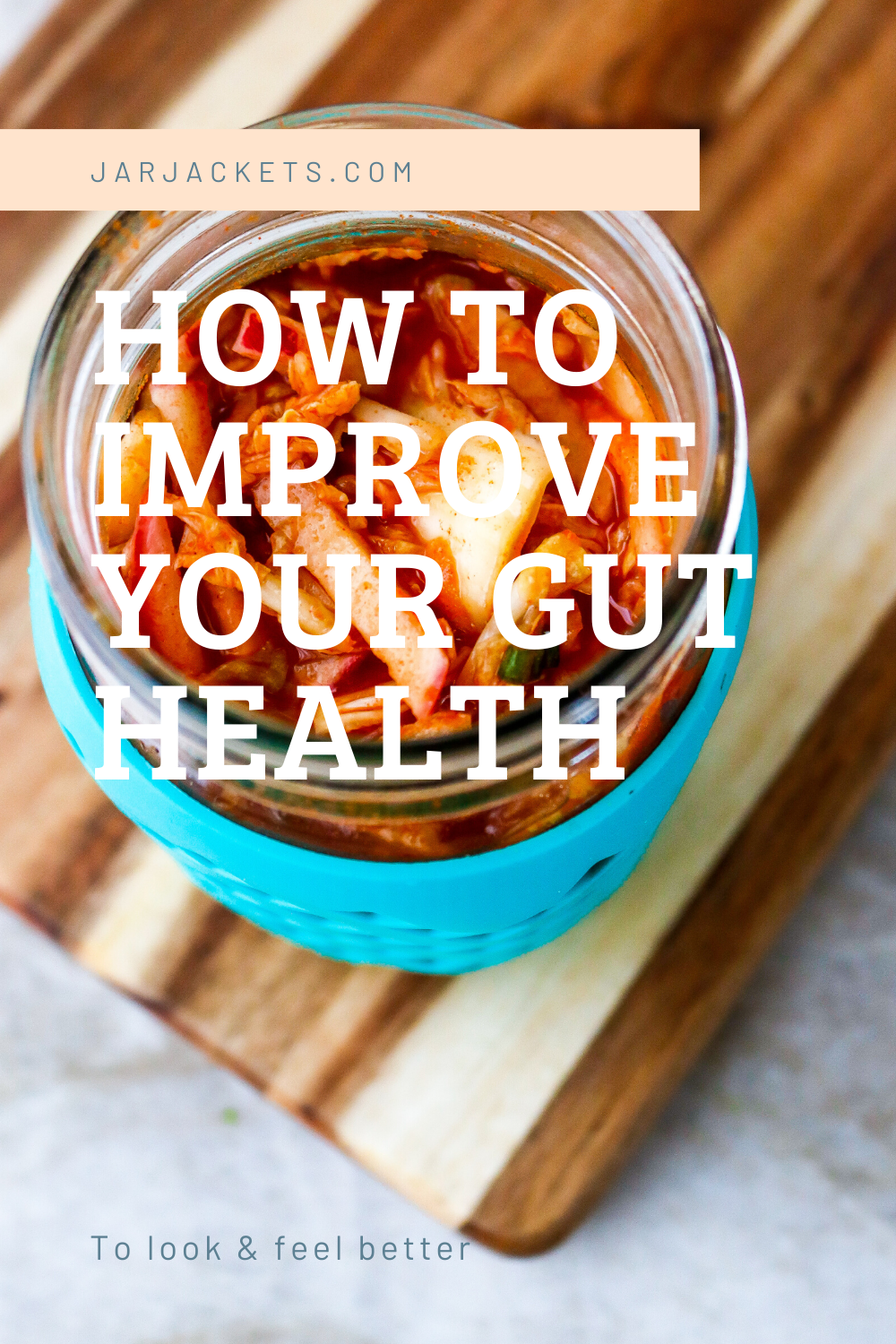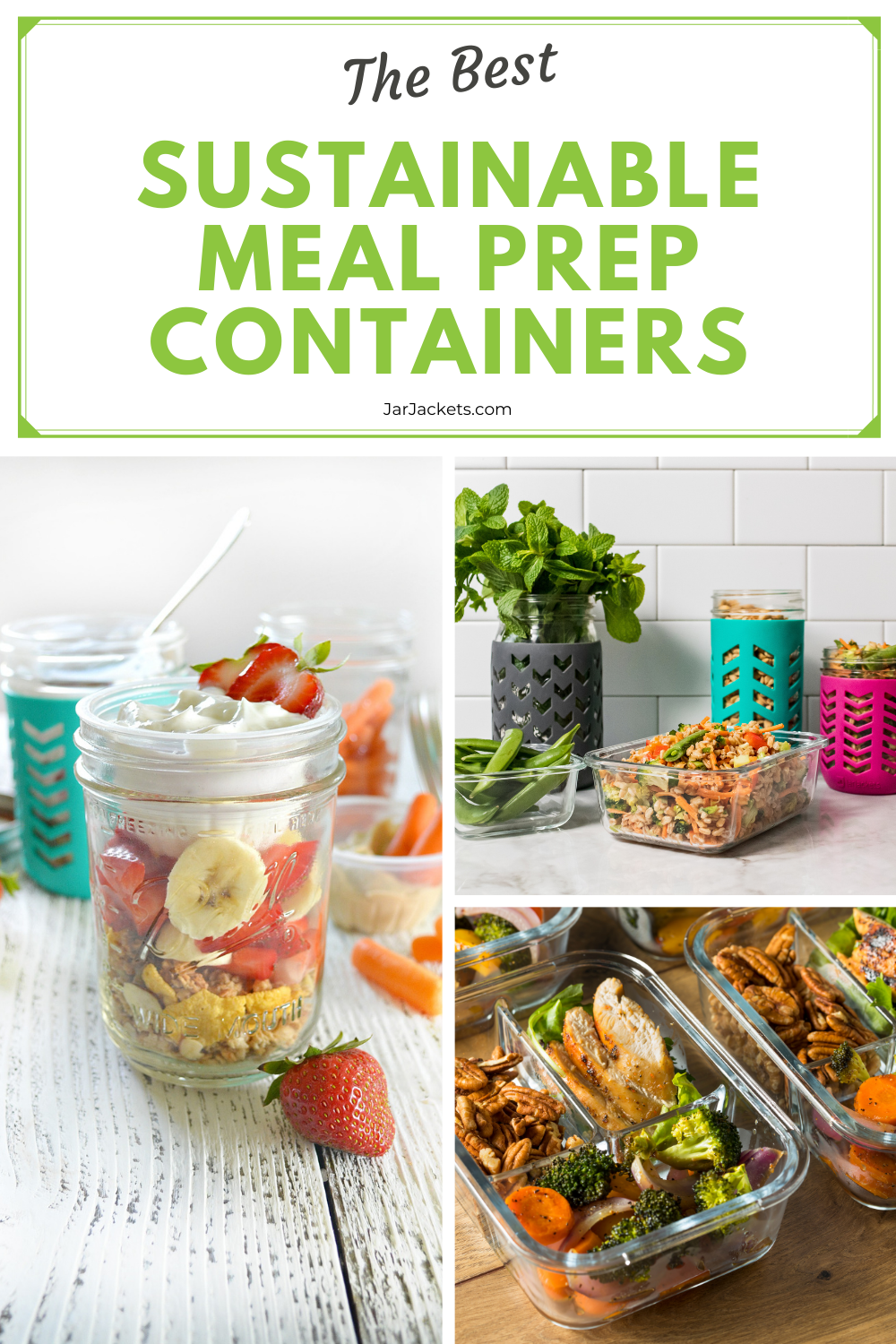Your Cart is Empty
FREE SHIPPING (US ONLY) ON ORDERS OVER $20
FREE SHIPPING (US ONLY) ON ORDERS OVER $20
August 06, 2020 4 min read

Americans waste nearly a pound of food per person each day, according to a 2018 study by the University of Vermont.
As alarming as that statistic is, here’s the real kicker: Healthier diets were associated with more food waste.
It makes sense, really. A package of Oreos will last for months, while bananas turn brown after a few days. Who hasn’t bought cilantro for a Mexican recipe, used a tablespoon of it and found the rest of it wilted and sad a week later?
But, when talking about a zero-waste kitchen, we can aspire to much more than throwing less food away. Think plastic containers, paper towels, juice boxes, cardboard containers and more. Look in your trash can or recycling bin. Can you do better?
We know we can.
The primary reason we throw food away is because we worry about food poisoning, according to a 2015 study published in the scientific journal PLOS One.
We’ve all been there. You buy a pork tenderloin and plan on making a delicious family dinner on Tuesday. But then your daughter’s game runs late and you end up at Chipotle. Two days later you find that pork tenderloin and realize it’s past its expiration date. Out it goes, along with the money you spent on it.
That kind of thing is always going to happen from time to time, but the PLOS One study pointed to common sense strategies we can use to make sure it happens less often:
We’ll add to that list from personal experience: Stop over-buying. An over-packed fridge or pantry is like a cluttered closet. Both lead to stress. Keep it simple.
Once you get a handle on the above and stop wasting so much actual food, you’re ready to take your quest for a zero-waste kitchen to the next level—reducing the waste we generate while shopping for food, storing food and cleaning up the kitchen.
An easy change—which you’ve probably already embraced—is to bring your own reusable shopping bags to the store. But what about COVID-19? Some states have actually banned bringing your own bags because of fears that they can spread the virus.
But the truth is that the main way the virus spreads is not through surfaces, according to the Centers for Disease Control and Prevention. Nonetheless, it’s a good idea to wash or disinfect your bags just to be sure. In fact, it’s a good idea, even once this pandemic is over, as a precaution against all the other viruses and bacteria out there.
Here’s a useful guide, published by North Carolina State University, for cleaning/disinfecting your plastic or cloth reusable bags.
There’s no way around it, if you shop at a regular grocery store every single thing you buy (except possibly produce) will come in packaging.
Buying from a bulk store (or a store like Whole Foods that has a bulk section) doesn’t mean purchasing massive quantities of things (a set-up for waste). Rather, it means bringing your own containers (glass jars, metal tins, etc.) and buying your beans, spices, nut butters, grains and legumes from the bulk aisles.
The way it works, at many stores, is that you weigh your container first so that you’re only paying for the price of the food.
When you’re done with the food, there’s nothing to throw away or recycle—and your containers are ready for another trip to the store.
The classic mason jar really is the star of any zero-waste kitchen. Like we just said, they’re perfect for bulk foods. But they’re also great for storing foods in your fridge and taking both food and drink on the go. Chocolate dessert hummus, anyone? How about Lemon Dijon Quinoa Salad?
The only problem with taking your mason jar on the road? Glass can be a little bit slippery—and it doesn’t fare well when dropped. JarJackets are silicone sleeves that protect your mason jars in an eco-friendly and stylish way.
While mason jars can cut down on a great deal of your waste, there are a slew of reusable products available to break you of your plastic addiction. Check out our Zero Waste Shopping Guide for ideas. When you see the pretty lemon-print cloth towel from Sweden, you’ll never look at a roll of Bounty the same way again.
You’ll be keeping plastics out of our oceans and landfills and, in the long run, saving money as well.
It’s the difference between a trip to the farmers market and a frantic stop at McDonalds. It’s a homemade apple pie versus a Hostess Fruit Pie. It’s sipping your smoothie from a clean glass jar instead of a toss-away plastic cup.
It’s a way of life that, ultimately, gives far more than it takes.
Our favorite jars for buying food at bulk stores is the 32oz (quart sized) jar. Adding a JarJackets 32oz Silicone Sleeve will protect your jars in storage. They are great for storing dry goods such as grains, beans, rice, flour, or sugar. They are also a great size to store homemade chicken or veggie stock in the fridge or freezer.
But don't forget to protect those jars from calamity! Our 32oz jackets are a must!
Comments will be approved before showing up.

April 26, 2025 6 min read
We all like the idea of making our families healthy meals, saving money and doing our part to cut down on waste.
But we also like the idea of getting a good night’s sleep, not having a huge mess to clean up in the kitchen after dinner and — just maybe — having time to watch a bit of Netflix or read a book.

April 16, 2025 4 min read

April 09, 2025 2 min read